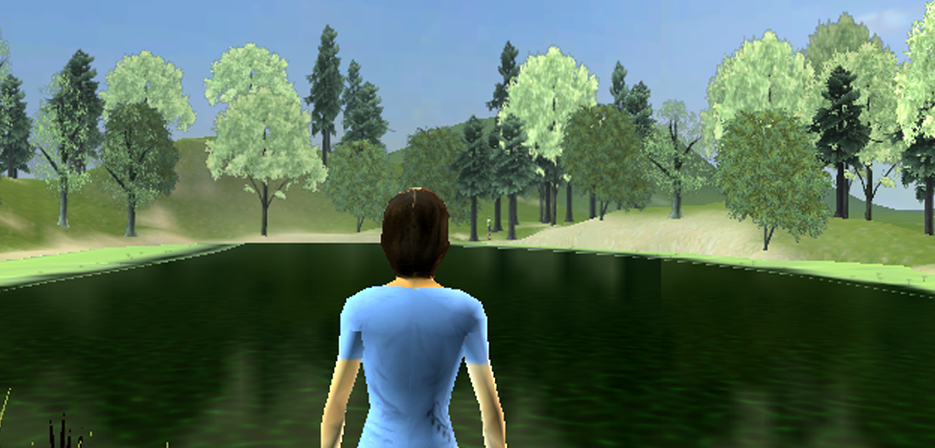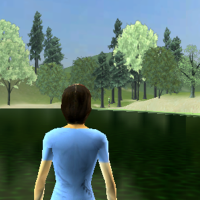

EcoMUVE
Using immersive, virtual worlds to teach various aspects of ecosystems science
Ecosystems science, an important strand of the life science content standards, requires an understanding of complex causal relationships. However, even after instruction, students often retain inaccurate interpretations about ecosystems’ structural patterns and systemic causality. With the research team of colleague Chris Dede, an expert in virtual worlds, we developed a Multi-User Virtual Environment (MUVE)-based ecosystems science curriculum called EcoMUVE to address these problems. EcoMUVE includes two ecosystems science curricular modules for teaching various aspects of ecosystems science. These MUVE modules are to complement and extend the current curriculum of the Understandings of Consequence Project’s Causal Patterns in Ecosystems curriculum.

-
-
-
-
-
-
Support PZ's Reach